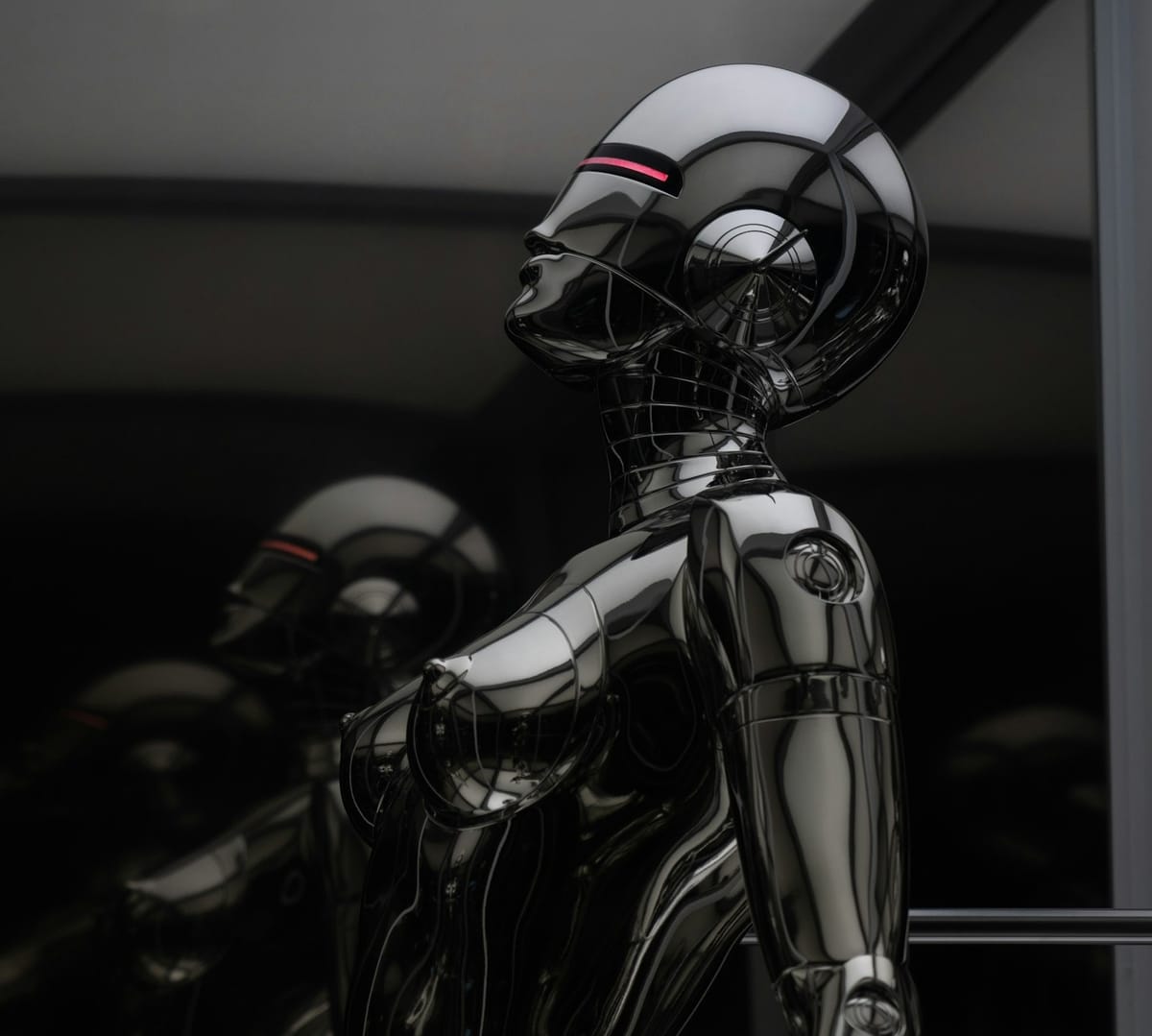Cubicle.exe: When AI Replaces the 9-to-5 with 24/7 Surveillance
AI is reshaping the workplace into a zone of constant monitoring. Discover how "Cubicle.exe" is redefining the 9-to-5 with round-the-clock digital oversight.

As hybrid work fades and digital oversight tightens, a new manager is taking over: the algorithm. “Cubicle.exe” isn’t just a metaphor—it’s the quiet automation of surveillance culture, where AI doesn’t just assist work but monitors it. Forget your boss watching over your shoulder. Now, software tracks your keystrokes, meeting minutes, facial expressions, and even idle time—24/7.
The rise of AI-powered productivity tools is reshaping the very idea of a workday, raising urgent questions about privacy, autonomy, and the boundaries between work and life.
AI Is Watching—And It Never Blinks
AI surveillance in the workplace isn't new, but its sophistication is. Tools like Microsoft Viva, Teramind, and Time Doctor analyze everything from email tone to mouse activity. A 2023 Gartner survey found that over 60% of large employers use AI-driven monitoring tools, a number expected to rise as remote and hybrid setups normalize.
These systems promise optimization—but at what cost? Employees are increasingly reporting stress, burnout, and a feeling of being treated like data points, not people.
From Productivity to Paranoia
The original goal of workplace AI was efficiency. But today’s systems often blur the line between tracking and spying. For example:
- Facial recognition during Zoom calls assesses attentiveness.
- Natural Language Processing evaluates tone in internal chats.
- Predictive analytics estimate who might quit—before they even do.
This isn’t science fiction. In 2024, a case involving a Fortune 500 firm caused headlines when employees were disciplined based on AI-generated “focus scores,” many of which were later proven inaccurate. Critics dubbed it “automated micromanagement.”
Privacy vs. Performance: Where’s the Line?
Proponents argue that AI monitoring enhances productivity, uncovers workflow gaps, and supports better business decisions. Yet privacy advocates see a troubling shift: surveillance masquerading as strategy. When data replaces trust, employee morale suffers.
The legal gray zones aren’t helping. In many countries, employers aren’t required to disclose the full extent of AI monitoring, leaving workers unaware of just how deeply they’re being observed.
Can We Reprogram the Workplace?
The backlash is brewing. Some startups are now marketing “ethical AI work platforms” that anonymize performance metrics or give employees visibility and control over what’s tracked. Meanwhile, policy experts are calling for a “digital rights bill for workers” to ensure transparency and consent in AI usage.
Leaders have a choice: use AI to empower teams—or to control them. The future of work may depend on how we code that choice.
Conclusion: Managing the Manager
“Cubicle.exe” is more than just an eerie metaphor—it's a reality creeping quietly into offices, homes, and Slack channels. As AI becomes the ultimate timekeeper, evaluator, and silent observer, the challenge is clear: Can we build smarter workplaces without surrendering our humanity?
Until then, your next performance review might be less about what you did—and more about what the algorithm thinks you did.


